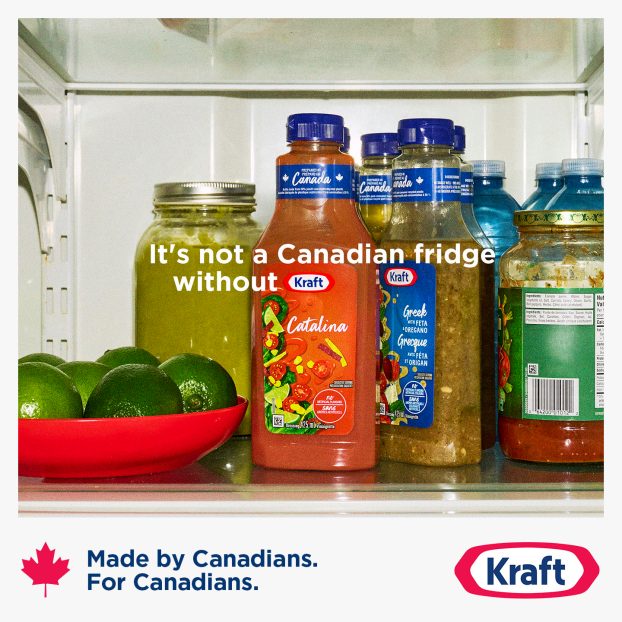
The Canadian Marketing Association (CMA) has released a new guide to help marketers avoid pitfalls, to design compliant strategies and campaigns, and to facilitate effective communication with legal and compliance teams.
The CMA Guide to Truthful Marketing: How to Prevent Deceptive Marketing is based on the premise that honest practices are fundamental for maintaining a positive brand reputation and fostering long-term relationships with consumers, says Sara Clodman, CMA’s chief public affairs and governance officer.
“Authentic and truthful marketing is critical to give consumers peace of mind, particularly during the holiday season when Canadians are weighing multiple gifting and entertaining decisions,” Clodman says.
The guide will help marketers identify different legislation that affects the way brands advertise and protect the public from deceptive marketing, such as the Competition Act or Canada’s Anti-Spam Legislation. It also provides several use cases and examples of dishonest representations and deceptive marketing practices to illustrate how laws such as the Competition Act apply to Canadian marketing in areas like influencer marketing, social media testimonials, online reviews, drip pricing, contests, and claims related to performance, the environment and products being made in Canada.
“Our research tells us that our members want us to provide guides, tips and updates to ensure they stay current,” Clodman tells strategy. “When non-compliant practices occur, there seems to be more attention on influencer marketing, likely because of its growing prevalence.”
With respect to product reviews, Clodman says that reviews posted by an influencer must reflect their personal experience and not be misleading. She adds that an influencer can only make general claims about a product if those claims are based on adequate and proper testing.
“Brands share responsibility for influencer content and could be liable for false or misleading representations posted by an influencer they work with,” Clodman says.
“The CMA recommends auditing content posted by influencers as part of campaign plans to ensure compliance. A key takeaway for influencers and brands is to ensure disclosures are inseparable from the content if it is shared.”
When it comes to environmental positioning, Clodman says most green marketing claims relate to recyclability and labelling products as eco-friendly and sustainable without having adequate tests as evidence, rules which also apply to packaging.
The need to accurately characterize the chances of winning is another key area that marketers need to pay attention to. Clodman says this can be especially challenging when creating an attention-grabbing headline, while being confined by a strict character limit, such as in the subject line of an email.
Finally, while AI has grabbed a lot of headlines, Clodman says that marketing compliance is still highly dependent on human knowledge and judgement. AI, she says, does not currently have the capacity to discern the overall impression of material, nuances about the meaning of words or phrases, and the caliber of evidence to support a claim.























